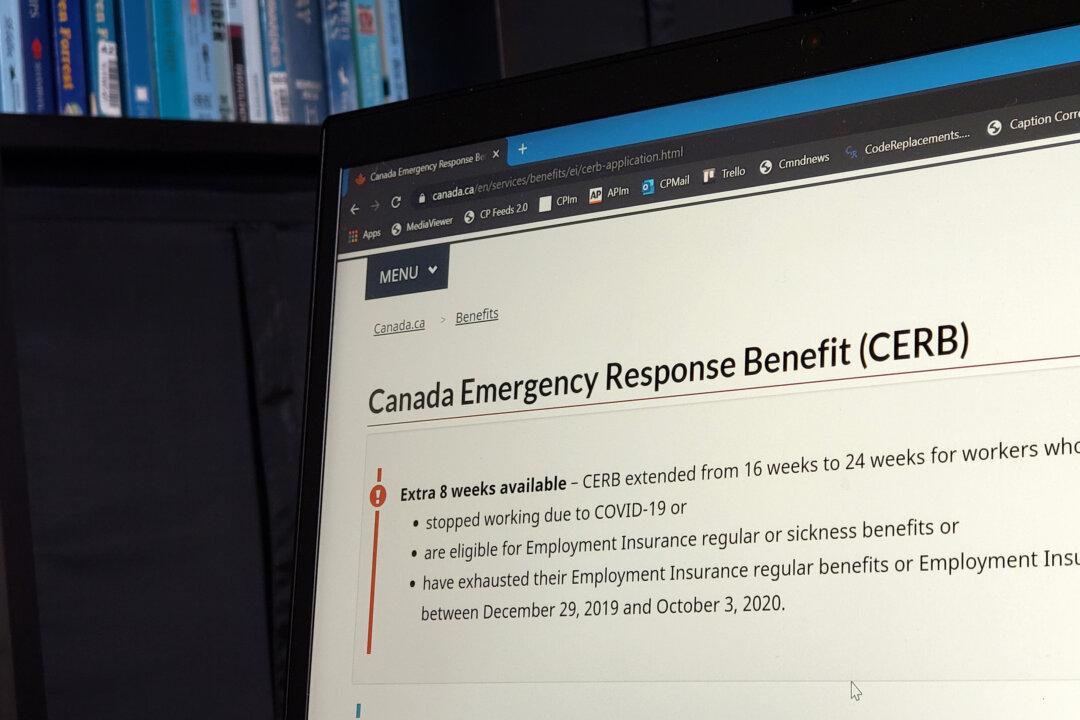The process of recovering nearly $2 billion from the more than 190,000 Canadians who took a “CERB vacation” by misusing the Canada Emergency Response Benefit program would create an “undue burden” on investigators, according to a federal memo.
“Due to the subjective nature of the criteria, the difficulty of proving eligibility after the fact and undue burden that investigation would create, Service Canada will apply a risk-managed approach to these cases,” the Department of Employment wrote in a Feb. 7 memo, “Briefing Binder,” which was first obtained by Blacklock’s Reporter.





